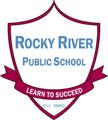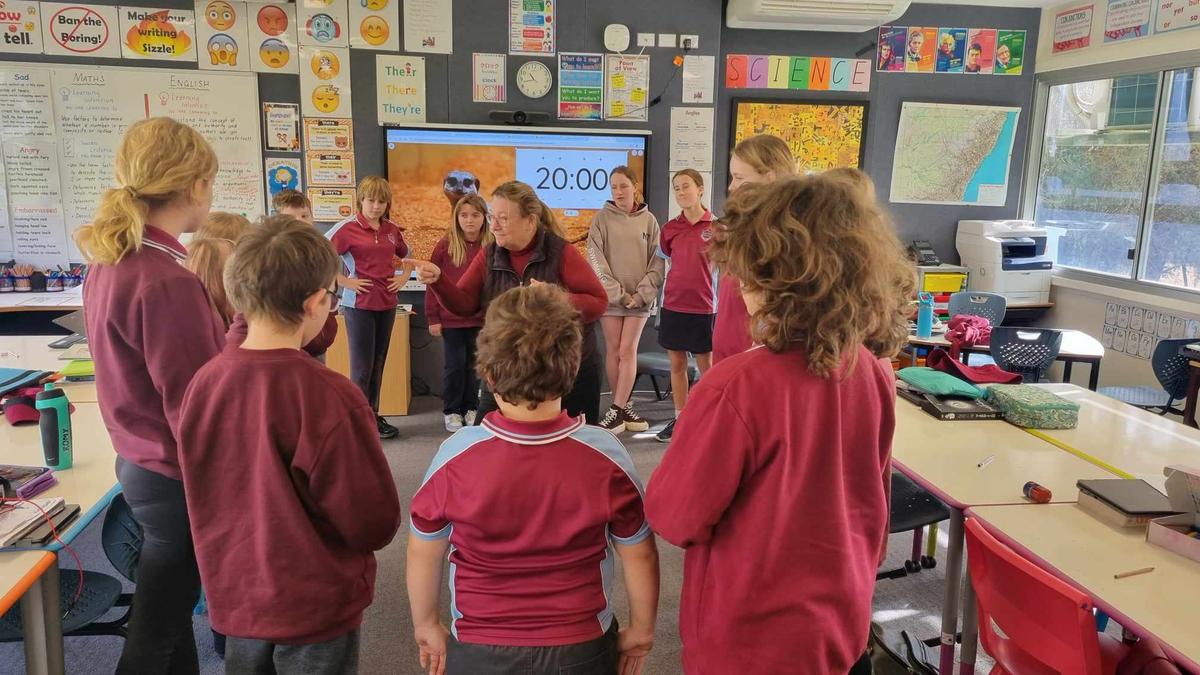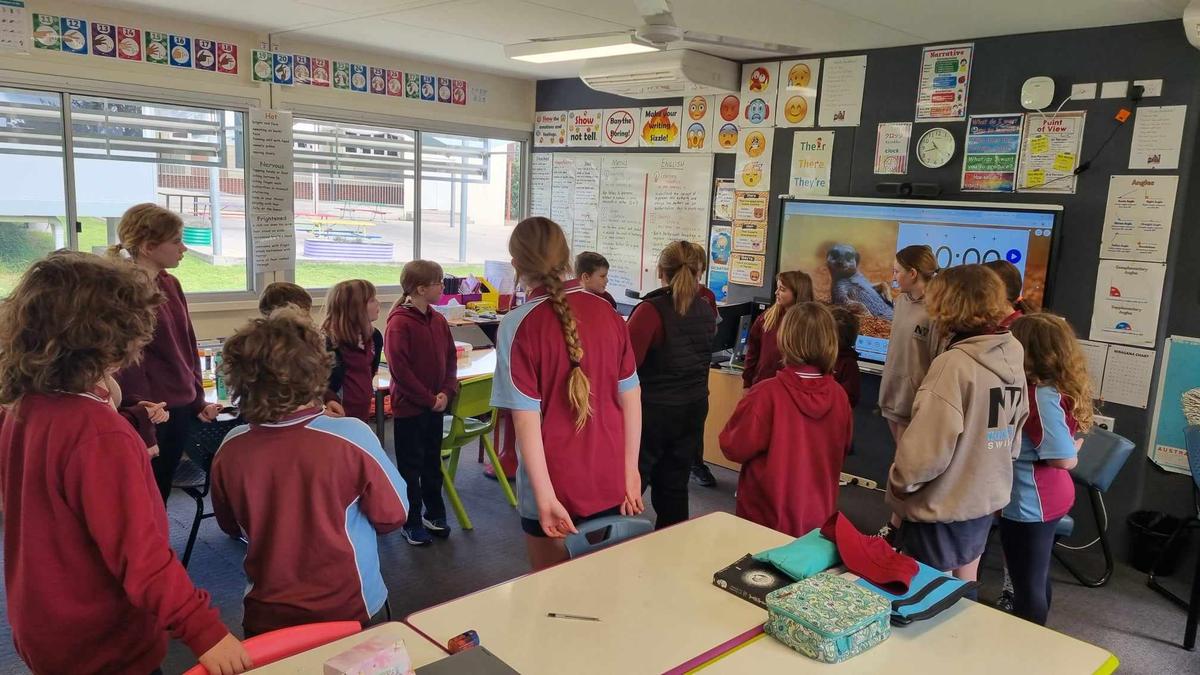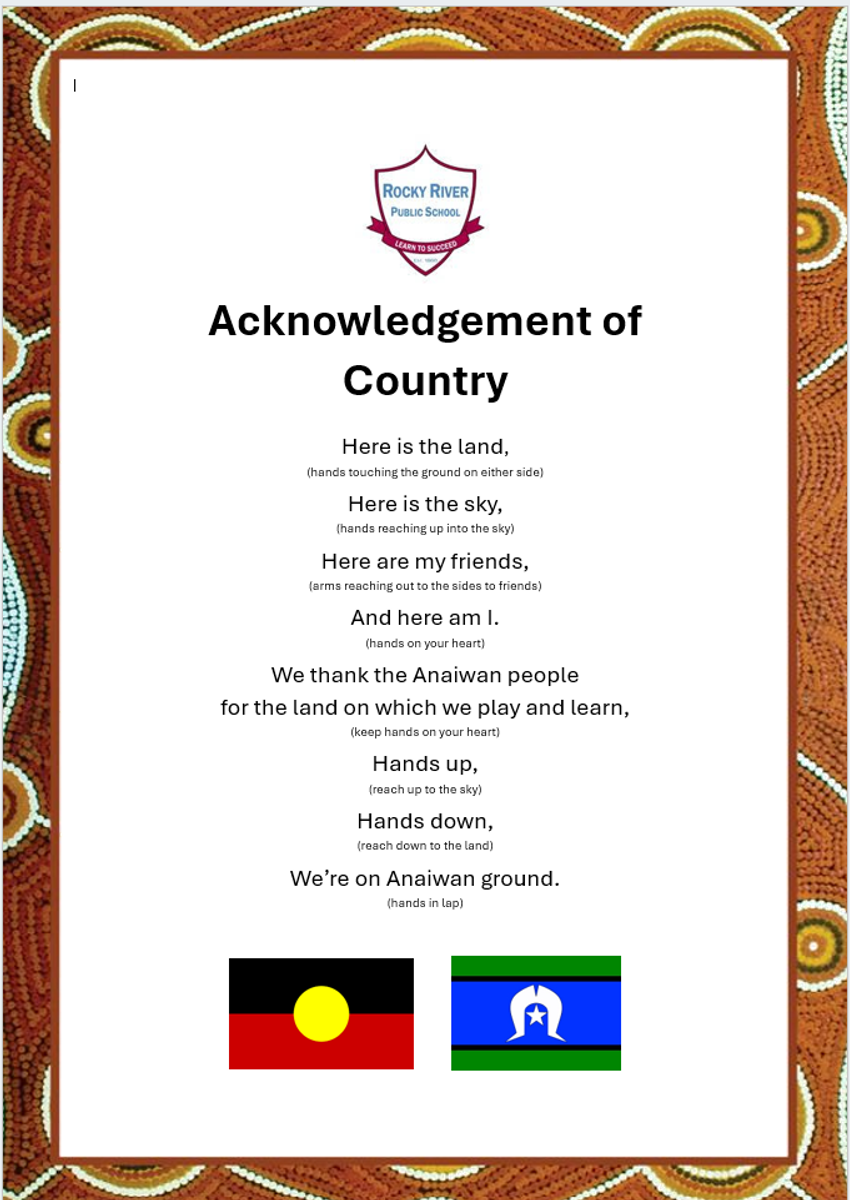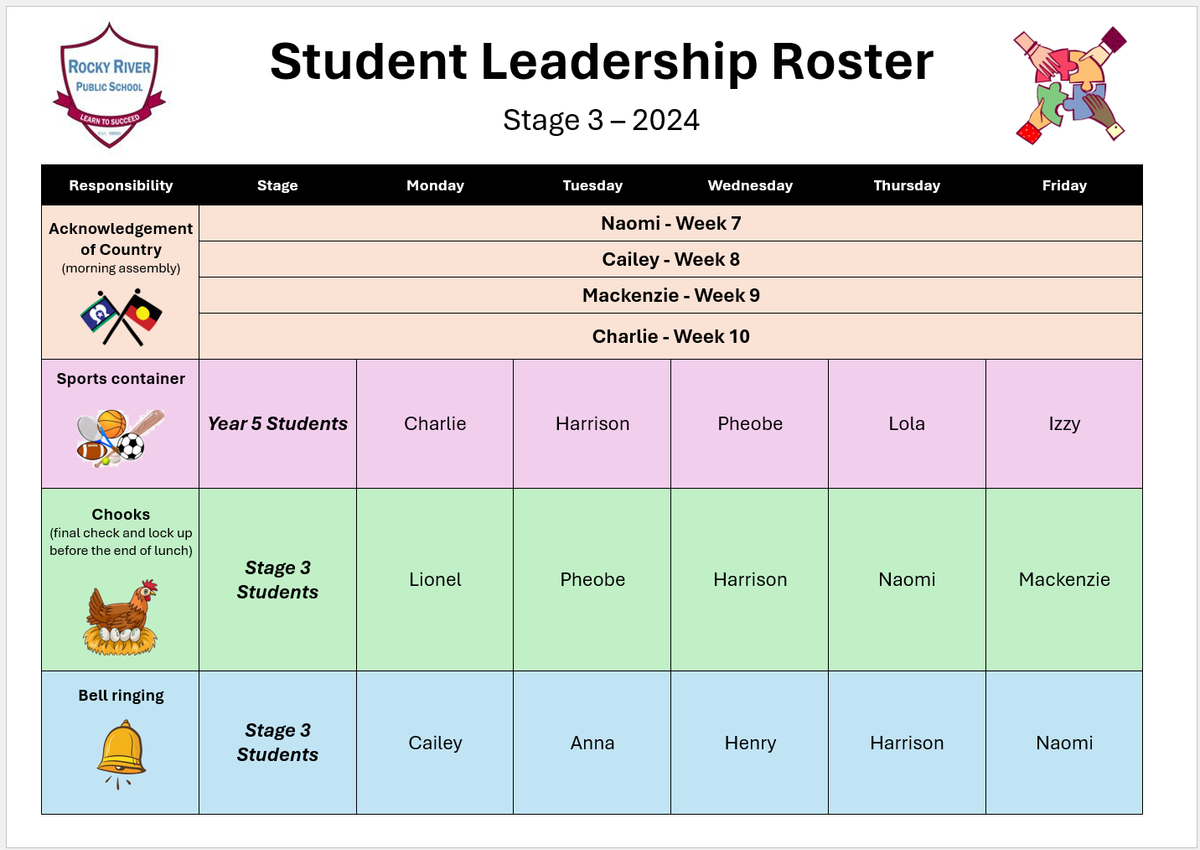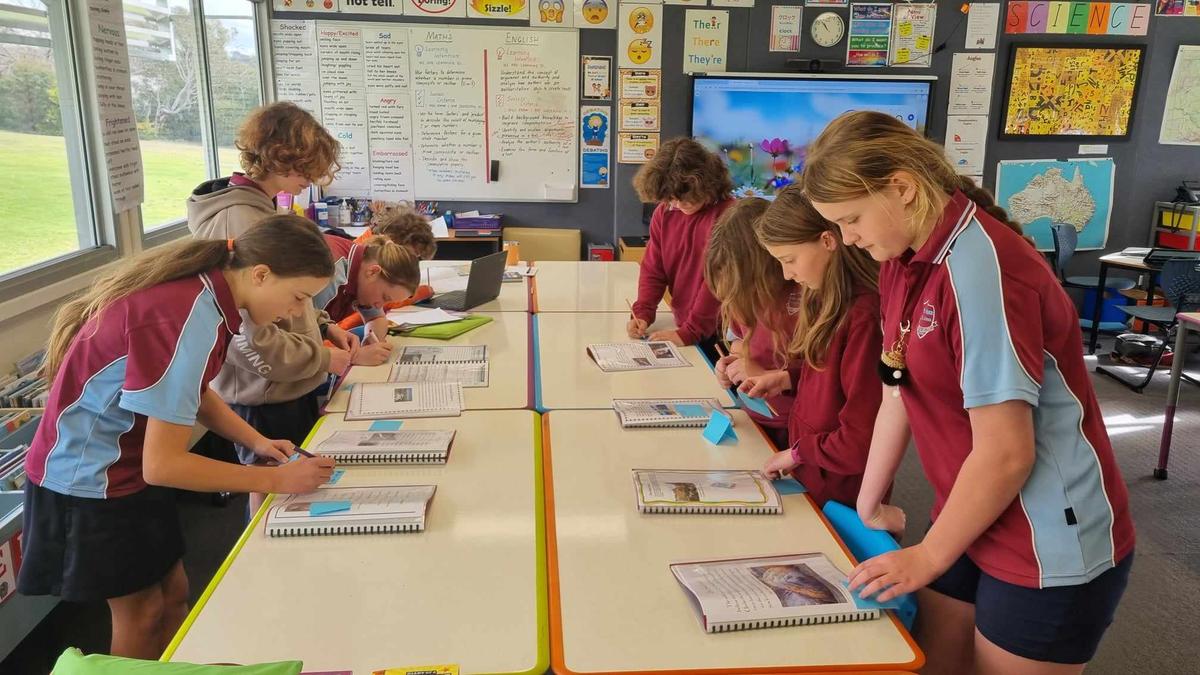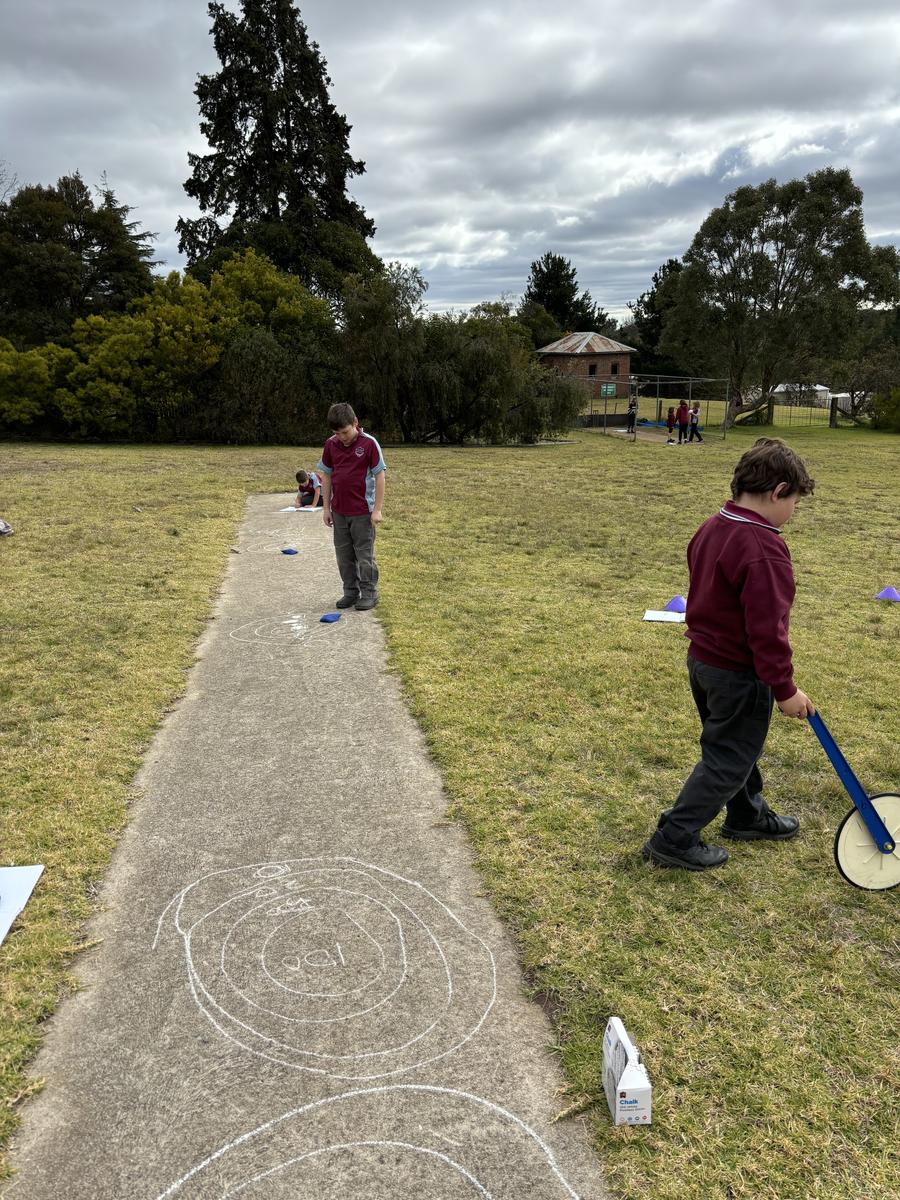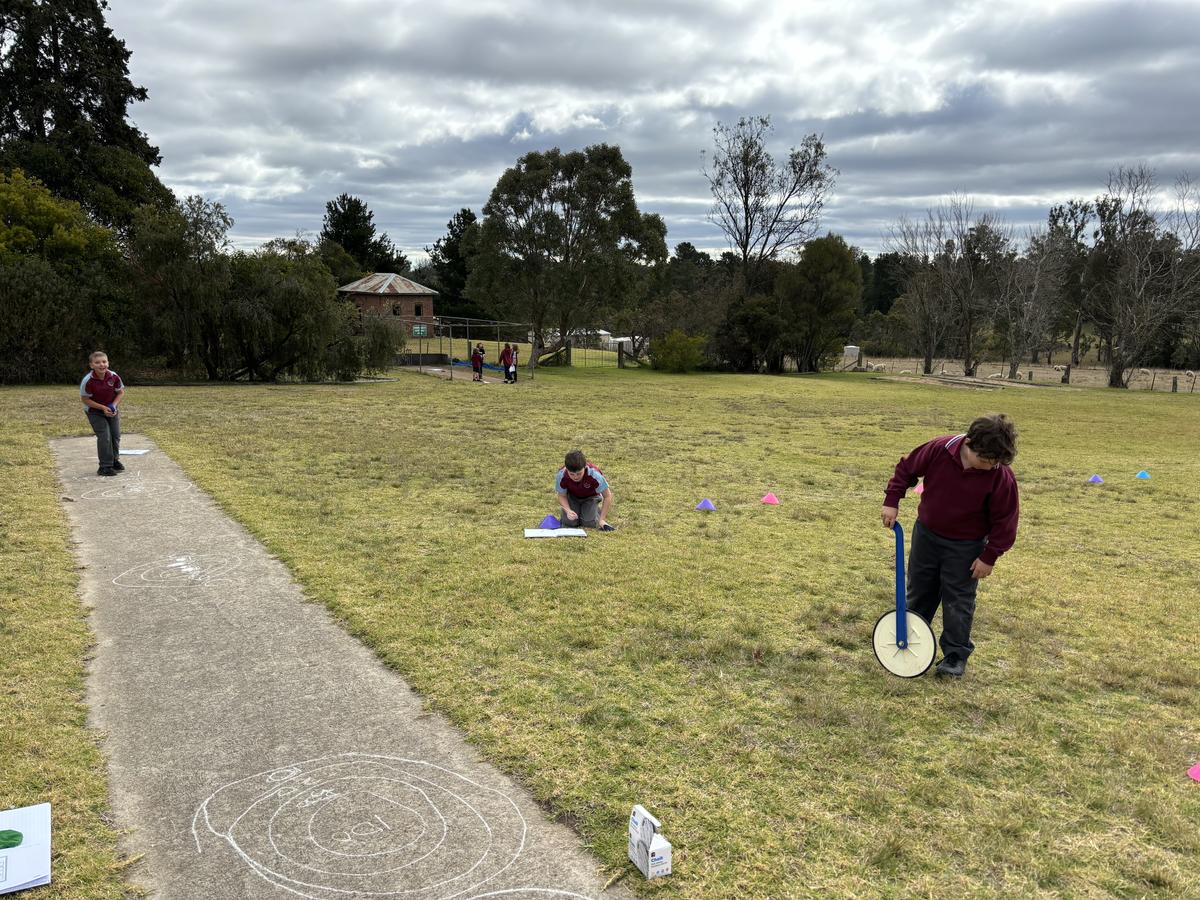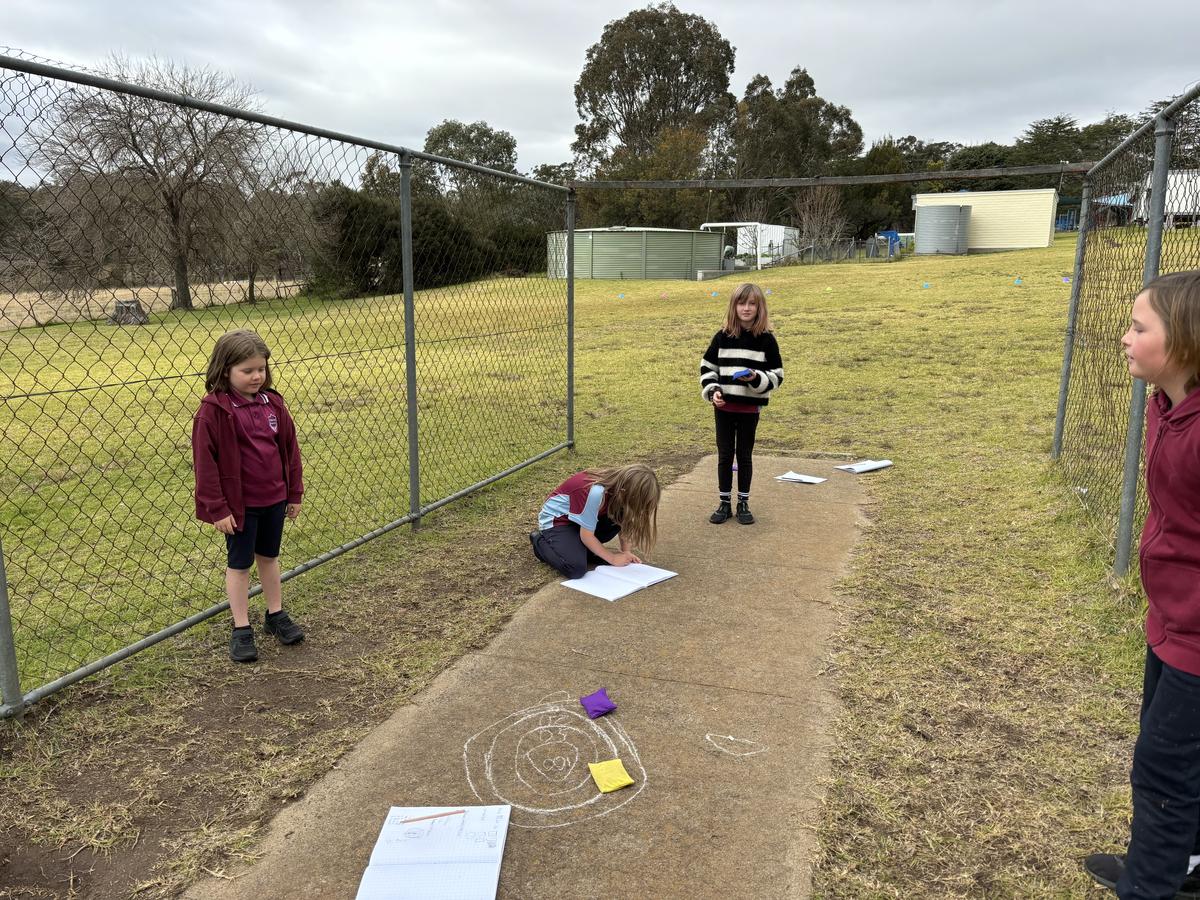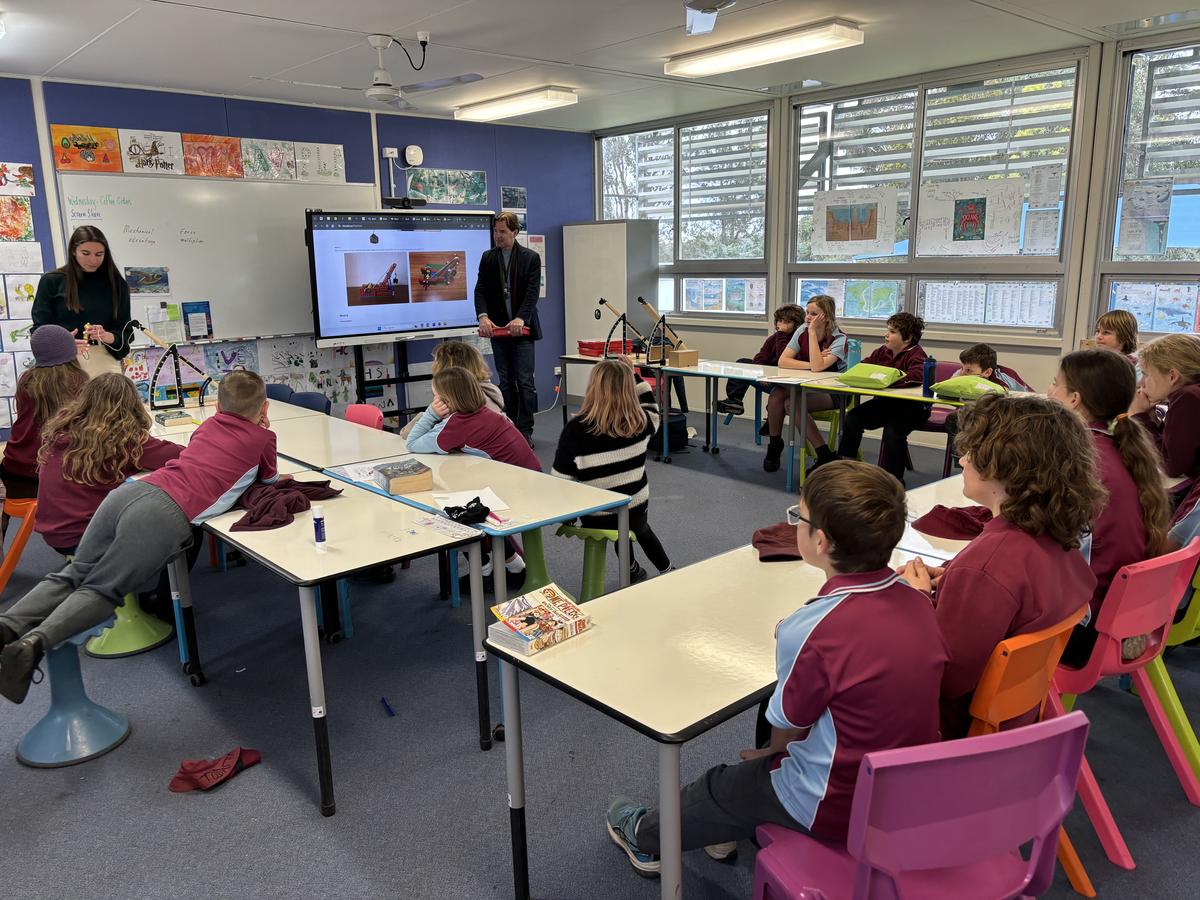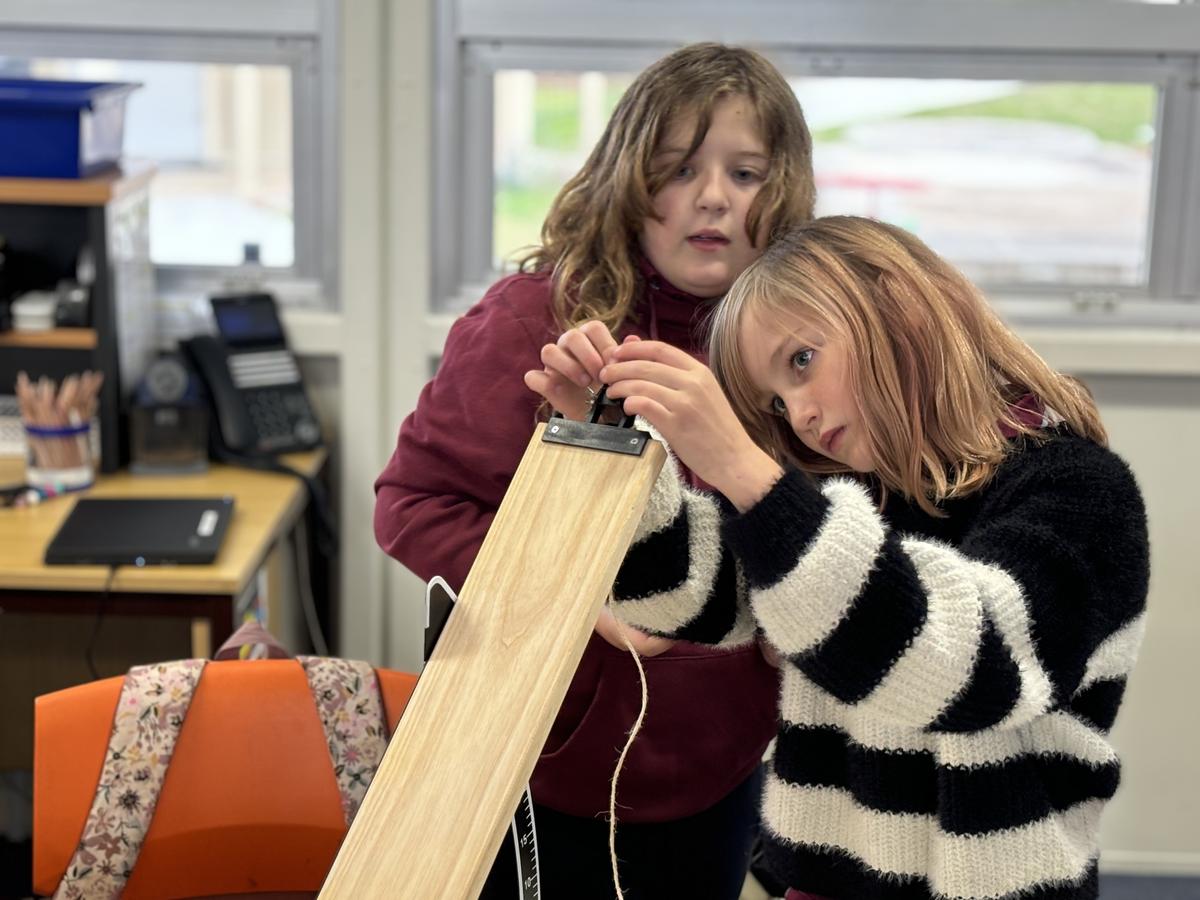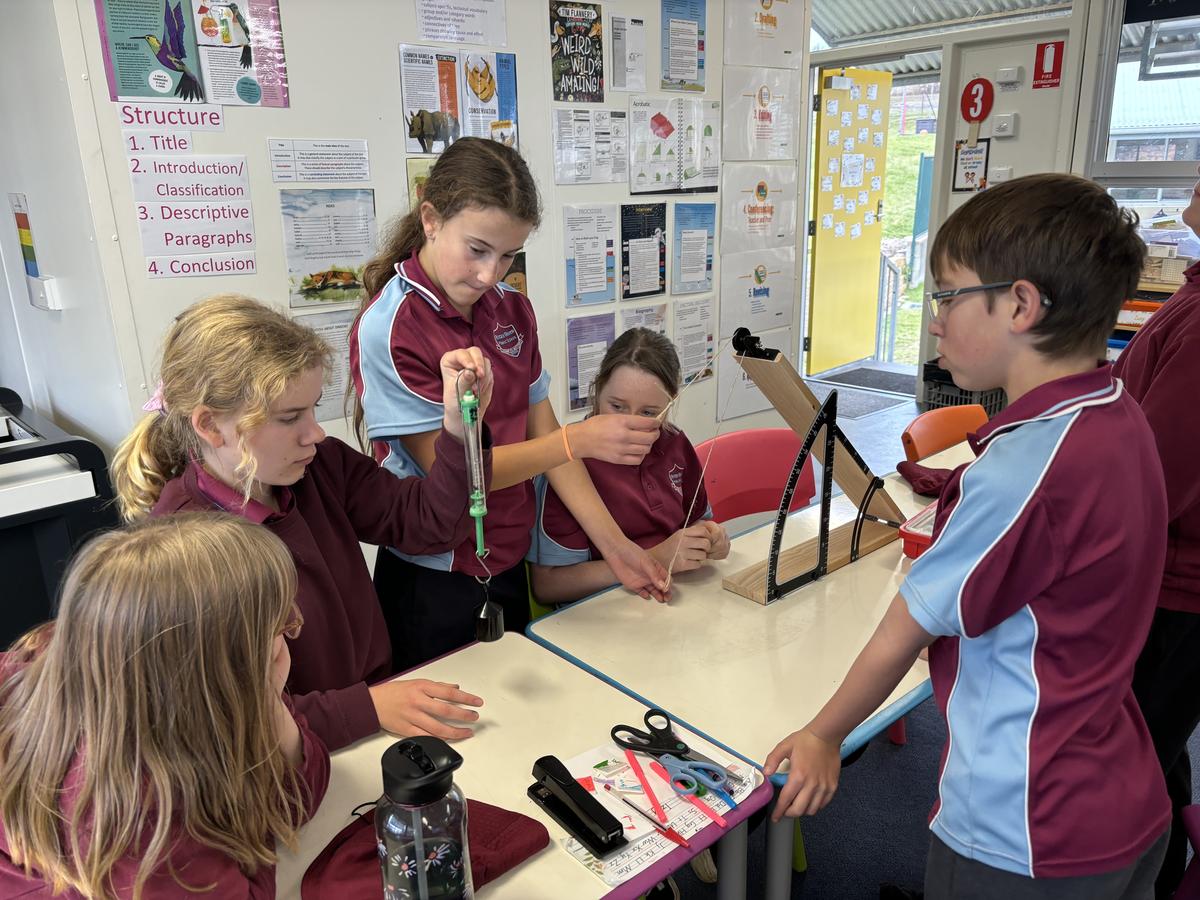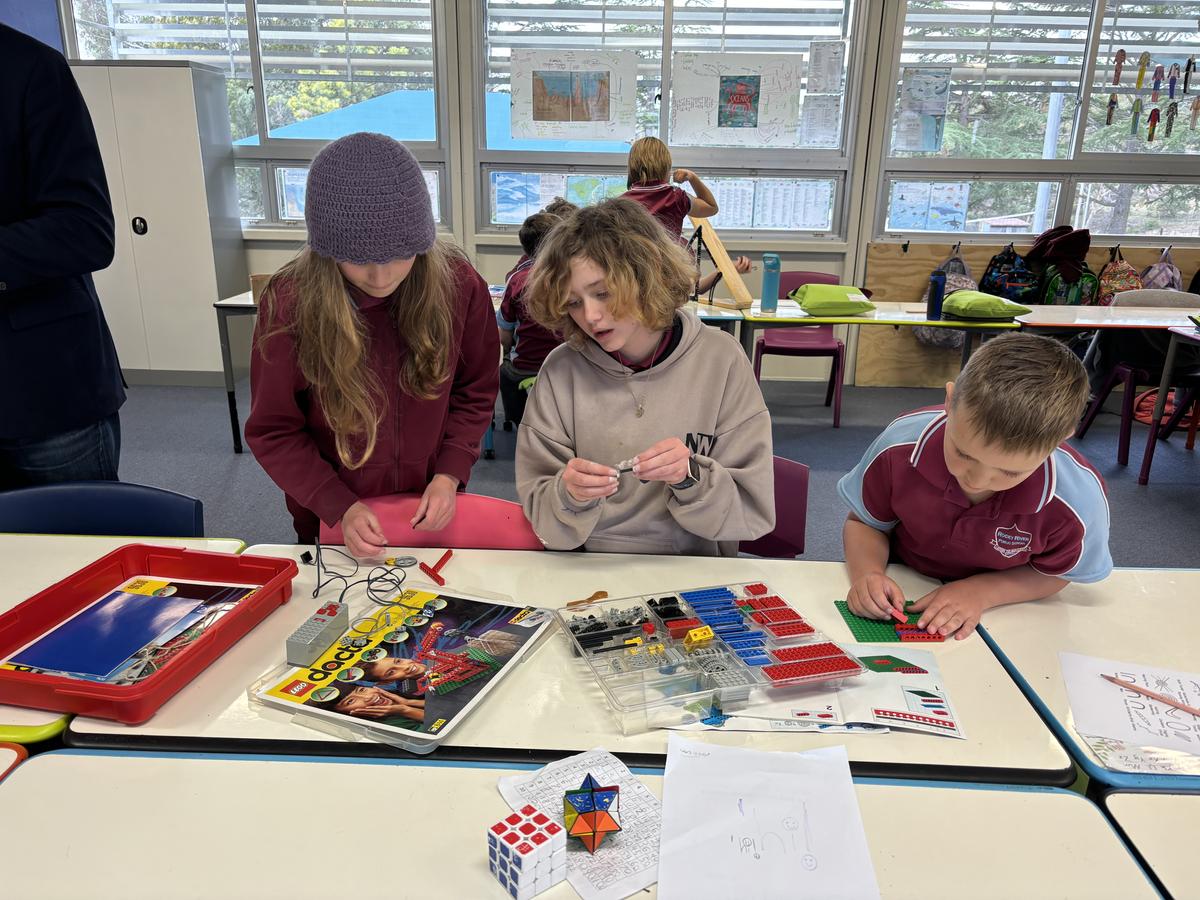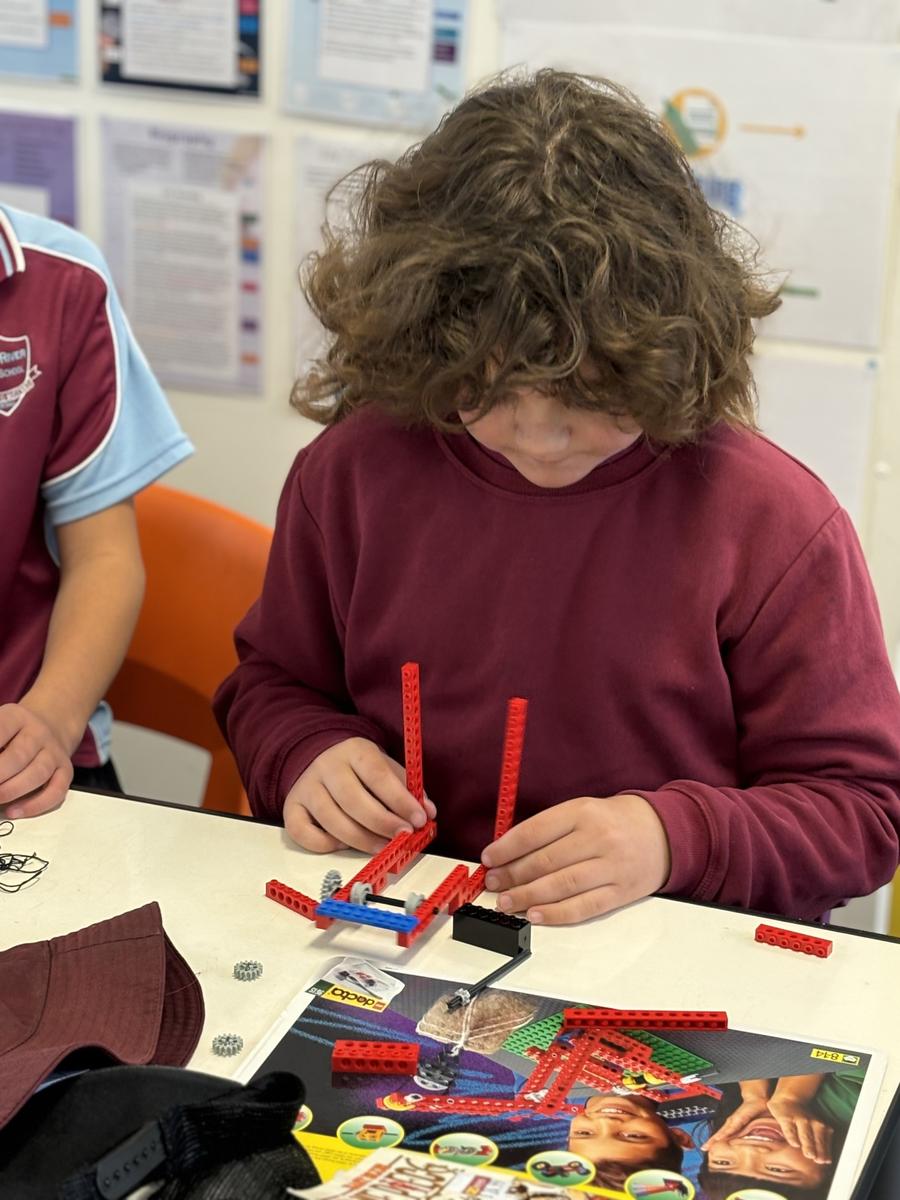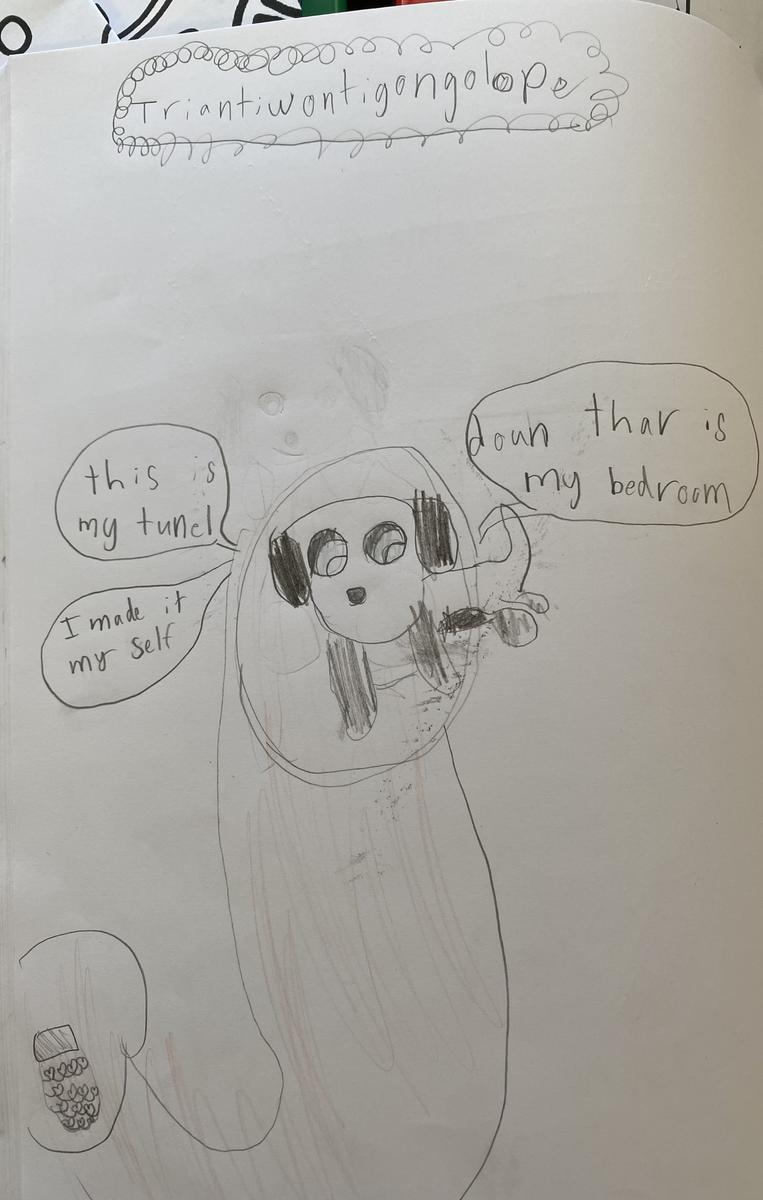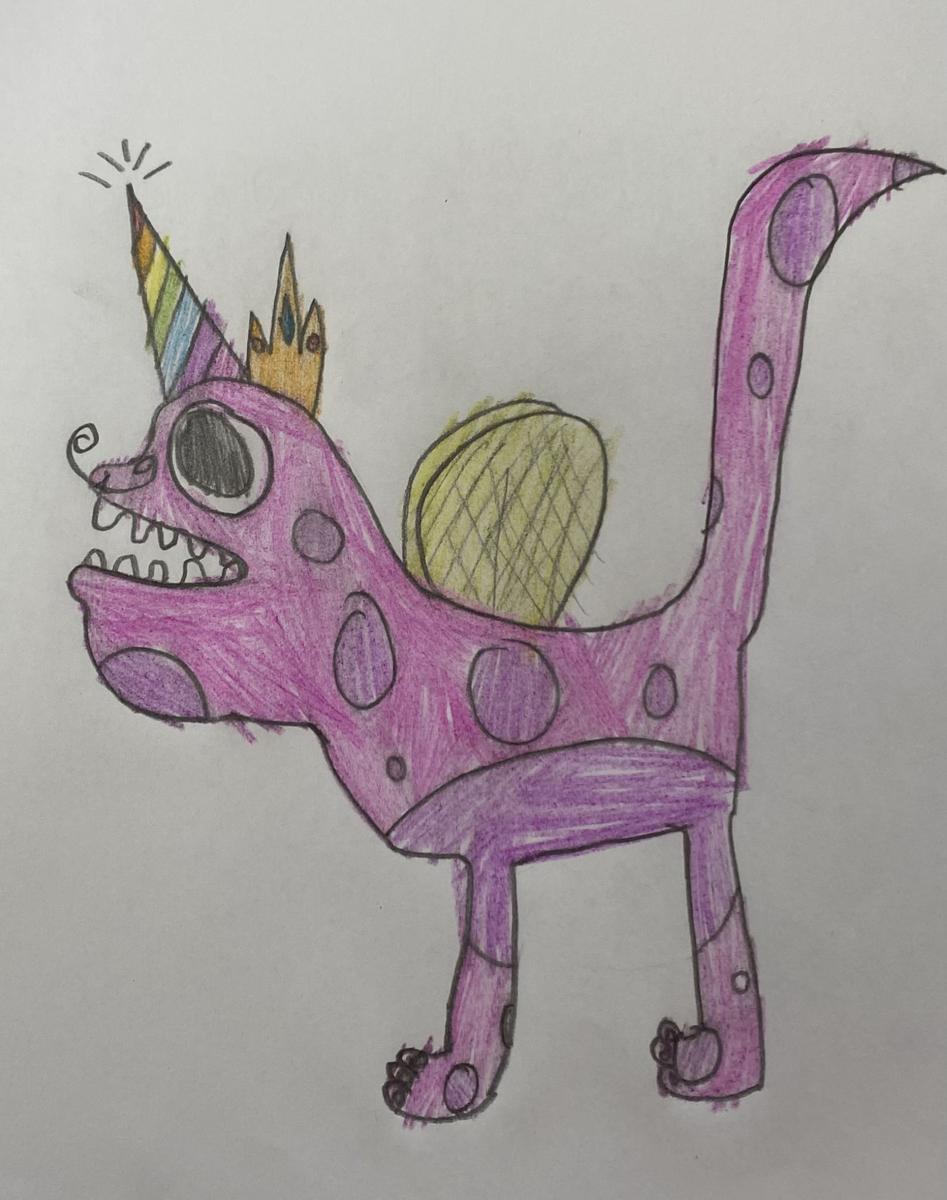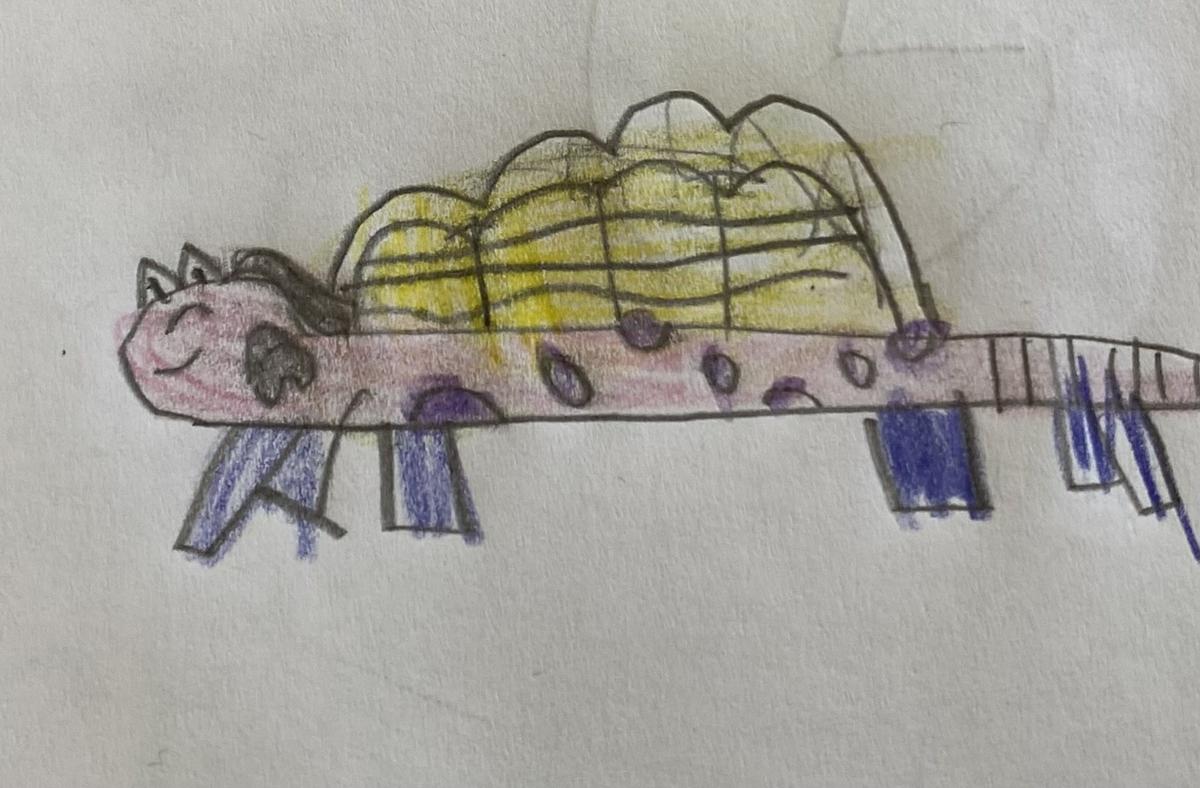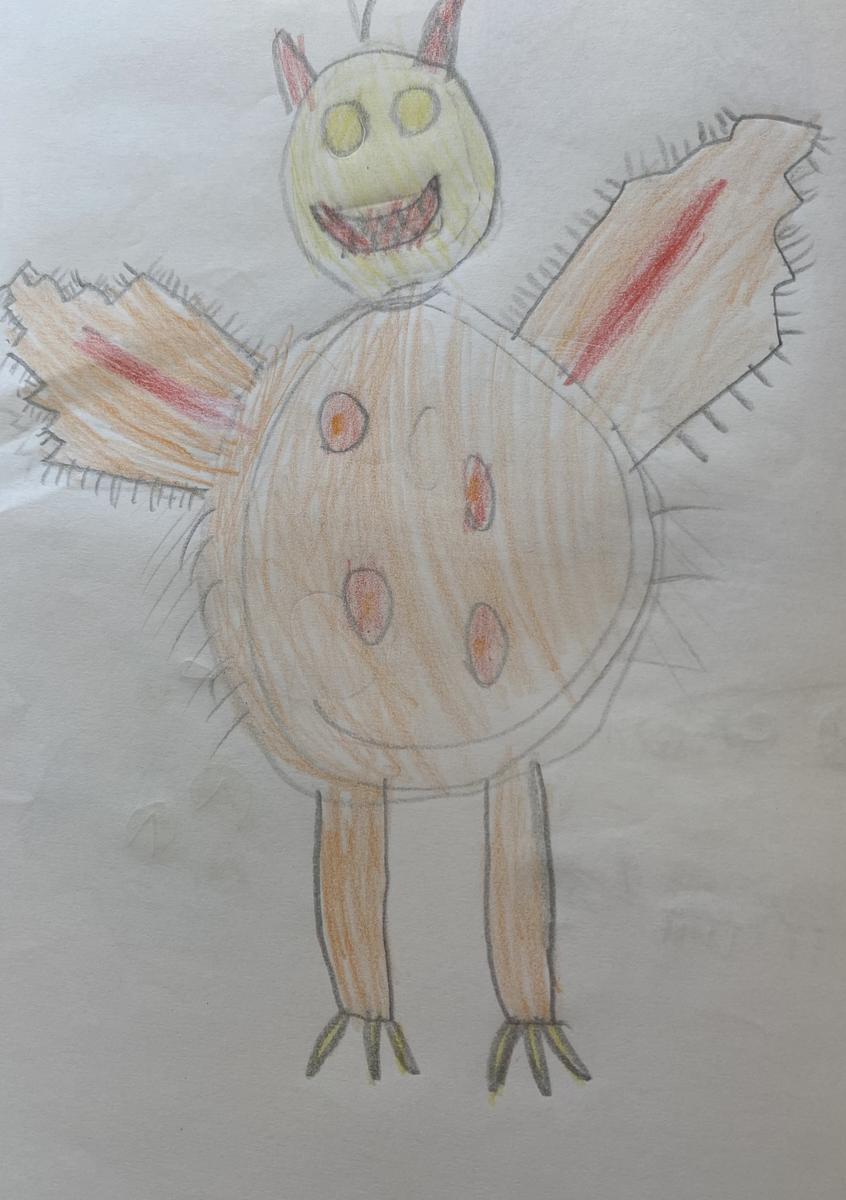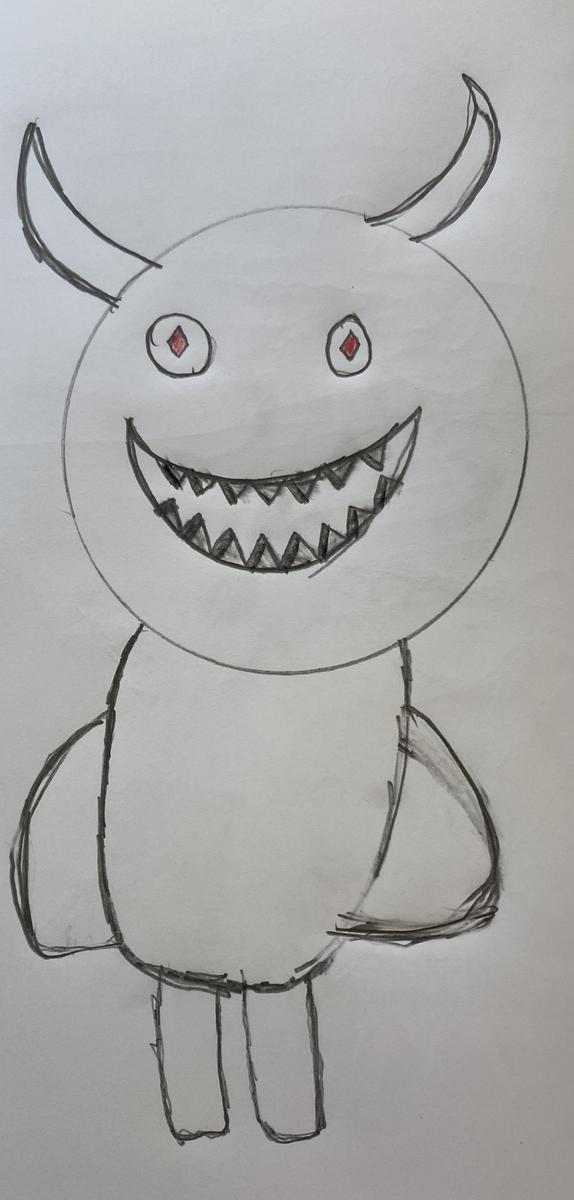Whole School Activities
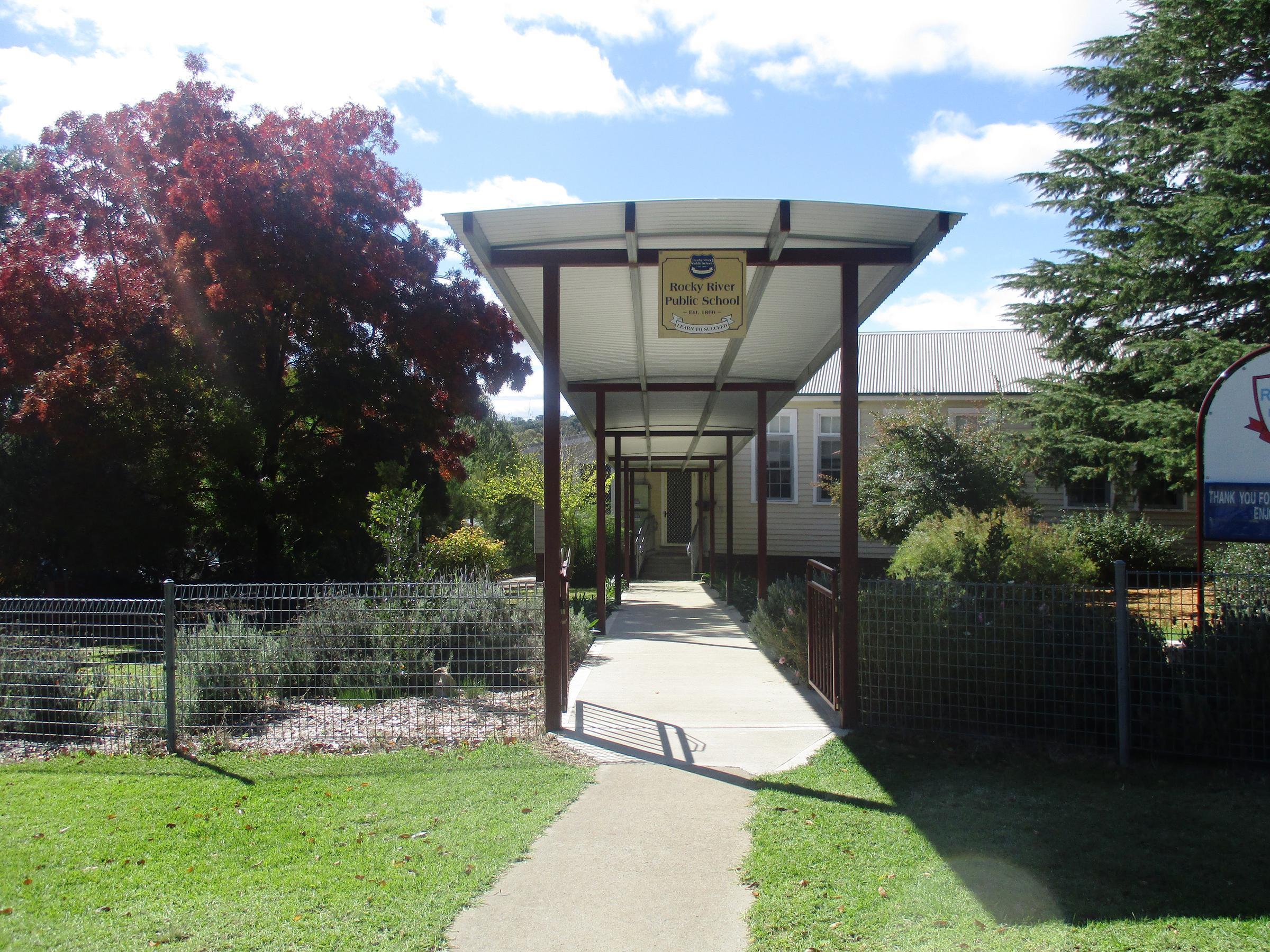
Auslan Lessons
Mrs Bishop delivered Auslan lessons to the Upper and Lower Division classes last week. It was fantastic to engage in alphabet and key word sign games where students could share something they liked or didn't like with fluency. We heard all about Mrs Bishop's engagement at a recent retreat where all communication was non-verbal. You might like to ask your child if they can show you the alphabet or some key words in Auslan at home to keep their skills sharp!
Please note: Mrs Bishop will be on Long Service Leave until the end of term, however, we look forward to the commencement of weekly Auslan lessons again from Term 3 onwards.
Acknowledgement of Country
Our Stage 3 Aboriginal students have begun leading an Acknowledgement of Country each day to open our morning assembly in a culturally inclusive way. Each week, one of our leaders stands at the front of the school and guides all students in acknowledging Anaiwan land which Rocky River Public School is located on. This involves hand and arm actions to accompany the words. The acknowledgement is on display in each room of the school to support all students in the familiarisation of this practice.
School Leadership Roster
Stage 3 leaders have offered their time on a rotating roster to oversee some important jobs around the school. Students are familiar with their roles and how this supports the successful day-to-day operations of our school. It is wonderful to see our school leaders so willing to put their hand up and help, as well as follow through with the initiative of remembering their roles and how to effectively manage their time to achieve them. Rosters are visible on the office and Stage 3 classroom windows.
Stage 3 learning
Stage 3 students are practising how to deeply reflect on their learning and work on self-improvement. We are incorporating clear Learning Intentions and Success Criteria (LISC) into our lessons so that students are aware of what we are learning and how it links to the syllabus. As an assessment for learning strategy, students have begun to engage in peer and self-assessment based on the class success criteria. This high impact strategy in the classroom strengthens reflection of learning and is a component of explicit teaching practice.
Stage 3 students assessing their peers' published writing on Macquarie Island.
Stage 2 Learning
Last week we started a unit on data, looking at world examples, collecting and gathering data on different topics as well as braving the cold with a bean bag target toss. Students needed to mark out a target with chalk outside and record points for 20 throws. After gathering the data students needed to present the information into a table. After analysing and making conclusions about the cultivated data, students needed to think critically about how they could 'redesign' their target to increase the points scored. Students also had some fun partitioning numbers of up to 4 digits in standard and non-standard form using MAB pieces.
STEM Lesson | Simple Machines
This week students were learning about simple machines. Firstly, students tested the difference in force required to lift an object with and without a pulley, using a spring scale! Within groups students were given a pulley system, a rope, a weight, and a spring scale. Thier task was to link the spring scale to the weight alone and observe the number of Newtons required to lift the weight. NEWTONS are what is used to measure FORCE, just as metres are used to measure distance. Students then needed to thread the string through the pulley system and repeat the experiment, taking note of which of the two methods required more force (in Newtons) to lift the weight – was it with or without the pulley system?
Lower Division Learning
Lower Division have recently started a new English unit focussing on Imagery, Symbol and Connotation. This unit looks at how we can use language to build an image for readers when we create texts.
As part of this unit, we read the poem "The Triantiwontigongolope" by CJ Dennis.
There's a very funny insect that you do not often spy,
And it isn't quite a spider, and it isn't quite a fly;
It is something like a beetle, and a little like a bee,
But nothing like a wooly grub that climbs upon a tree.
Its name is quite a hard one, but you'll learn it soon, I hope.
So try:
Tri-
Tri-anti-wonti-
Triantiwontigongolope.
Lower Division had a lot of fun learning how to say the name of the creature, and also in imagining how they think the creature looks like based on the language used in the poem.
We then drew our Triantiwontigongolopes - here are some of the results.
